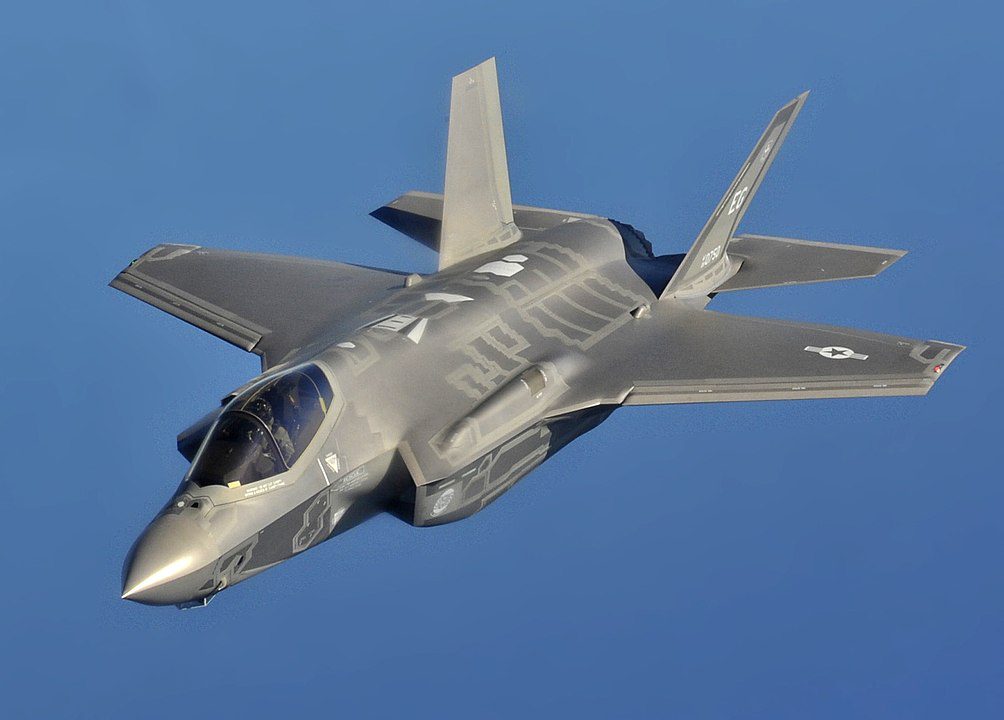“There is only one answer to Putin’s aggression: unity in NATO and credible deterrence. Precisely for this reason, there is no alternative to the decision in favor of the F-35,” German Air Force Inspector Ingo Gerhartz proclaimed on Monday, March 14th. With this decision, Germany joined the list of European countries that pin their hopes on Lockheed Martin’s F-35A fighter. Finland and Switzerland decided in favor of the model in 2021, and Poland, Denmark, Belgium and Norway already own F-35s; Greece is still weighing its options.
But the leak of a confidential report by the Pentagon’s weapons inspectors pointed to a number of deficiencies in the prestigious fighter jet project. It wasn’t until the watchdog “Project On Government Oversight” (POGO) published the confidential portions of the report in early March that the problems became publicly known.
According to the report, the most important problem is the F-35’s lack of reliability. The F-35A ordered by the German Armed Forces was available to the U.S. military an average of only 54% of the time in 2020. Even in 2021, it remained below the low target of 65% availability, at 61%. By comparison, modern jets are typically expected to have an availability of over 80%.
The main issue is the F-35’s engine. While expectations were that the F-35 would be a particularly maintenance-friendly jet, many maintenance tasks took twice as long as estimated. Because the new high-performance jet has required significantly more spare parts and workshop time than expected, more than 50 F-35As with defective engines were stored in hangars in September of 2021 alone.
The single high-performance Pratt & Whitney engine is at the root of the problems. The German Bundeswehr has had issues in the past with Lockheed’s Starfighter, another single-engine plane. The Pentagon’s desire for an additional vertical takeoff variant, only feasible with a single engine, motivated this engine choice for the F-35A. However, this makes the F-35 less maneuverable and slower than, for example, the Eurofighter. A replacement of the problematic Pratt & Whitney engine is in the planning stages, but its development depends on further U.S. investment. Customers abroad can only wait and see if and when this might happen.
The jet’s software system is also causing problems. Despite years of use in the U.S., development of the software lags far behind schedule. Bugs that should have been fixed long ago still aren’t, and sometimes updates cause previously fixed bugs to reappear. The software version 30R07, for example, resulted in the firing of air-to-air missiles that were not fully functional, and compatibility with B61 free-fall nuclear bombs—not optional for Germany—will be possible only with a major update in the future. Of the F-35’s 845 known development defects, six are considered serious—they could lead to a crash.
The cost of further development at all levels is staggering, ranging into the billions. To make matters worse, the Pentagon report reveals that the test and development program is currently underfunded and hence faces further delays.
Shortly after Germany opted for the F-35A, Lockheed’s stock price took a nosedive. And only two days after Germany’s decision, the Pentagon, in response to the audit report, decided to reduce its initial order of 94 F-35As to only 61 for the U.S. Air Force in the coming fiscal year 2023.





